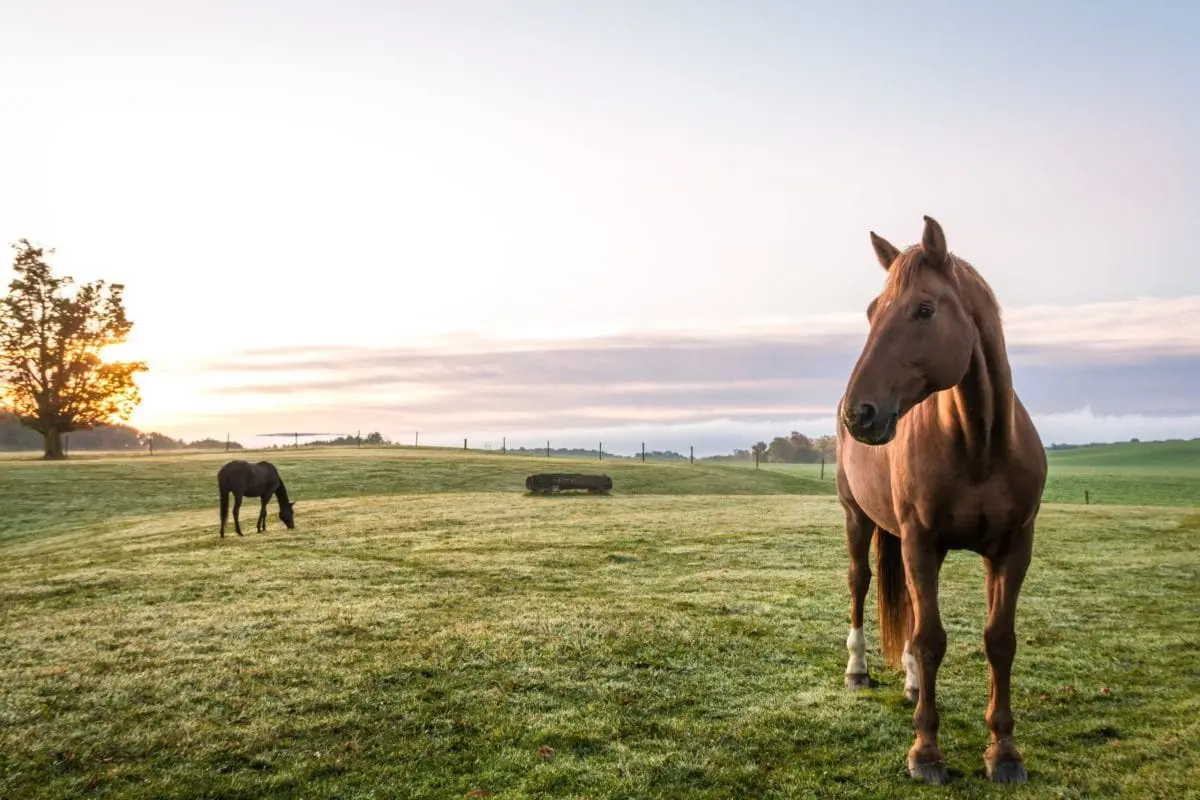Tips for Purchasing Horse Property
Tired of the hustle and bustle of the city? You’ve decided you are ready to escape the big city and go to a place where there is less noise, more privacy and more room. Your decision to move to the country might include adding a few new hobbies, like getting a horse or two. Before making that move, there are a few things to consider when shopping for your new country retreat.
Land Considerations for Horse Property
When searching for horse property, or maybe even space for a few cows, there are a few must haves to look for. First, you need to consider how much space or acreage you will need. Honestly, it depends on how many animals you plan to have and the type of pasture or grass available. Some areas have lush grass and can support a few horses on less acreage. In areas that are drier and grass is sparse, you’ll need more acres per animal and may need to supplement with quality hay. There are some excellent horse properties that only have a few acres, but they feed hay year round.
Fencing Considerations for Equine Property
After determining how many horses and how many acres, the next consideration is safe fencing. A lot of country properties will have barb-wire fencing, which is ok for cattle, but not the safest option for your newly acquired equine friends. Unfortunately, barb-wire can lead to a trip to the veterinarian for stitches. If replacing the barb-wire fencing is not an option, then it can be made safer by adding an electric strand of wire or ribbon, using extenders on the existing fence post. The electric fence is added on the inside of the barb-wire so that the horses encounter it first.
A safer fencing option is to use field fencing. This fencing is a woven wire or welded wire that has small squares, small enough that a horse cannot step his foot through it and get tangled. Some equine properties will also have wood fencing or vinyl fencing. While these look amazing, they can lead to some potential risk if horses run through it or chew on the fencing. Again, adding a strand of electric wire or ribbon will keep your horses safe. Horses also need a pasture that is free of debris, this includes trash or sharp objects. They have been known to eat things they shouldn’t and get themselves in the middle of objects or equipment that can lead to an injury.
Shelter Considerations
Your next consideration should be shelter. Horses need a place to get out of weather extremes. They need some shade in the heat of the summer and a windbreak in the cold of the winter. When a horse’s hair becomes damp, they are unable to retain their body heat and can suffer from freezing temps. A horse shelter can be anything from a loafing shed that is open on one or more sides to a fully enclosed barn with individual stalls.
Lastly, horses fresh water, good quality feed and clean hay. Not all things are created equal in these areas. Horses can drink from a pond, but not without some health concerns. Clean fresh water is best. Feeding your horses poor quality grain/hay or even moldy grain or hay can have devastating results.
There are a lot of things to consider when buying a horse property. But horse ownership is worth all the extra considerations. Be sure to find a knowledgeable person who understands rural property, livestock, and country living.
About the author
John Wilhite is a lifelong horseman and land specialist in the state of Oklahoma. He is also an experienced auctioneer and Realtree United Country Land Pro for United Country | Nation’s Premier Realty and Auction. Learn more about John and view his available listings at www.UnitedCountryOklahoma.com.

